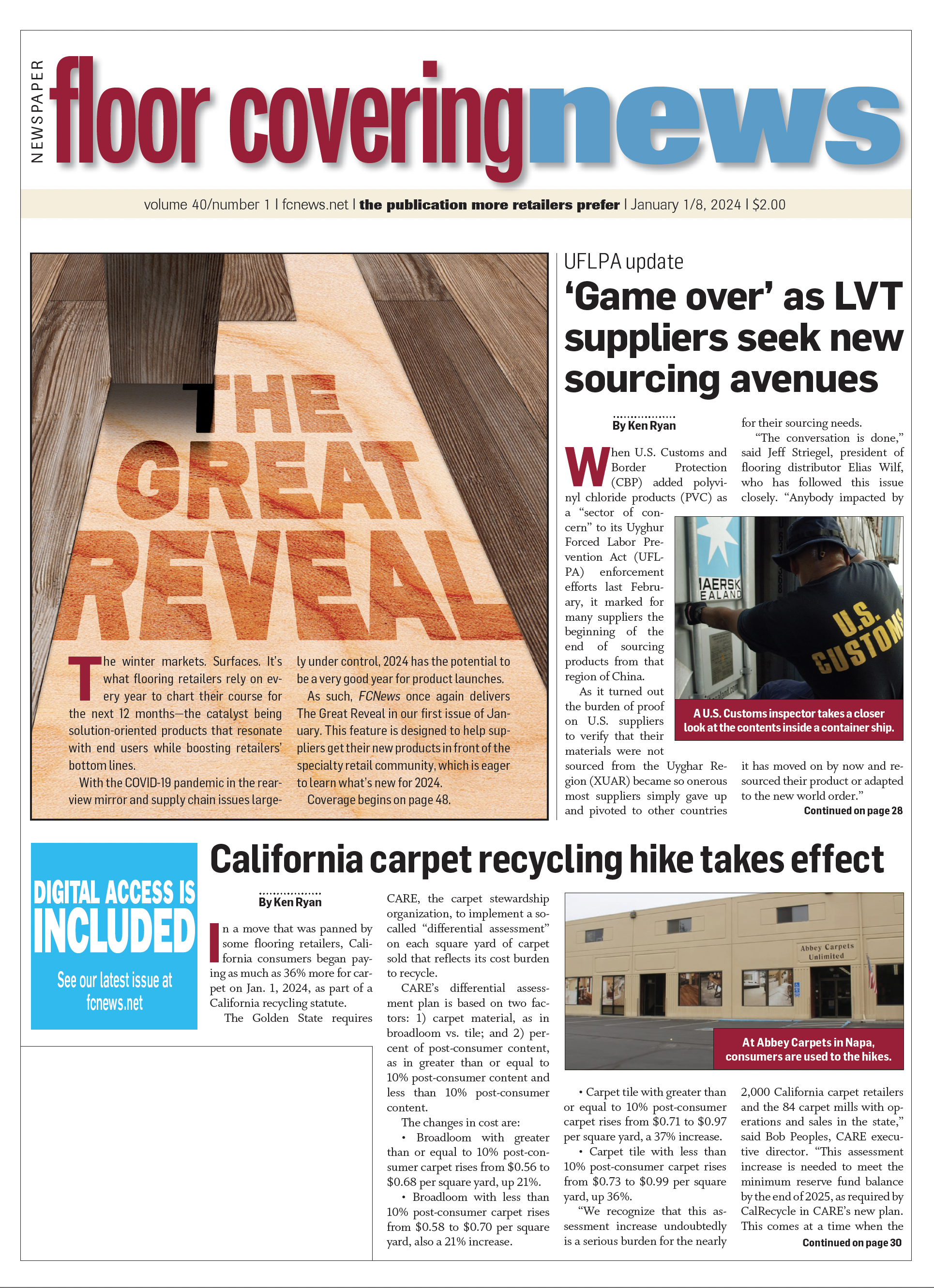 This time of year can be very stressful—especially for small business owners and retailers like yourselves who are likely preparing for tax season. Many business owners may be on edge when considering the possibility of footing a large tax bill. When starting your small business, your choice of business structure plays a vital role in not only minimizing taxes but also reducing personal liability.
This time of year can be very stressful—especially for small business owners and retailers like yourselves who are likely preparing for tax season. Many business owners may be on edge when considering the possibility of footing a large tax bill. When starting your small business, your choice of business structure plays a vital role in not only minimizing taxes but also reducing personal liability.
The most common and simple type of business structure is a sole proprietorship. A key advantage to operating as a sole proprietorship is simplicity. Within this business structure, there is no distinction between the business and the individual who owns it, leaving the owner entitled to all profits.
Along with this, however, your business assets and liabilities are not separated from personal ones, leaving the business owner personally held liable for the debts and obligations of the business. The owner will report all income and expenses on their personal tax return (Form 1040) using a Schedule C and pay taxes on any profit.
Another business structure is a partnership, which is categorized by three common types of classifications: general partnership, limited partnership and limited liability partnership. In the first classification, partners share liabilities and responsibilities equally. By comparison, in a limited partnership (LP), there is typically a general partner and a limited partner. The general partner would assume ownership of business operations and have unlimited liability. The limited partner acts as a silent partner by investing capital into the business while not being involved in day-to-day operations with limited liability.
In a limited liability partnership (LLP), all partners assume limited personal liability. This means that a partner cannot be liable for the wrongdoings of another partner. All partners are typically involved in the management of the company and tend to have more flexibility in day-to-day operations. A partnership will file a Form 1065 and each partner will receive a K-1 to report on their tax returns.
A limited liability company (LLC) is a hybrid business structure that limits the personal liabilities of owners. Note: LLCs are formed under state law and regulations that may vary from state to state.
Incorporation strategies
There are basically two options when incorporating a business: a “C” corporation or an “S” corporation. The former offers the strongest protection to its owners from personal liability. Conversely, S corporations are pass-through entities just like a partnership; however, the IRS has imposed strict standards for companies looking to qualify for S corporation status. For example, an S corporation can only have 100 shareholders or fewer, and they must be U.S. citizens. S corporations file Form 1120S and issue K-1s to shareholders to report their share of profits on their personal return.
Choosing the correct business structure that fits your long-term goals, ownership, hiring plans and legal risk is one of the most important steps in owning a business.
Roman Basi is an attorney and CPA with the firm Basi, Basi & Associates at the Center for Financial, Legal & Tax Planning.

